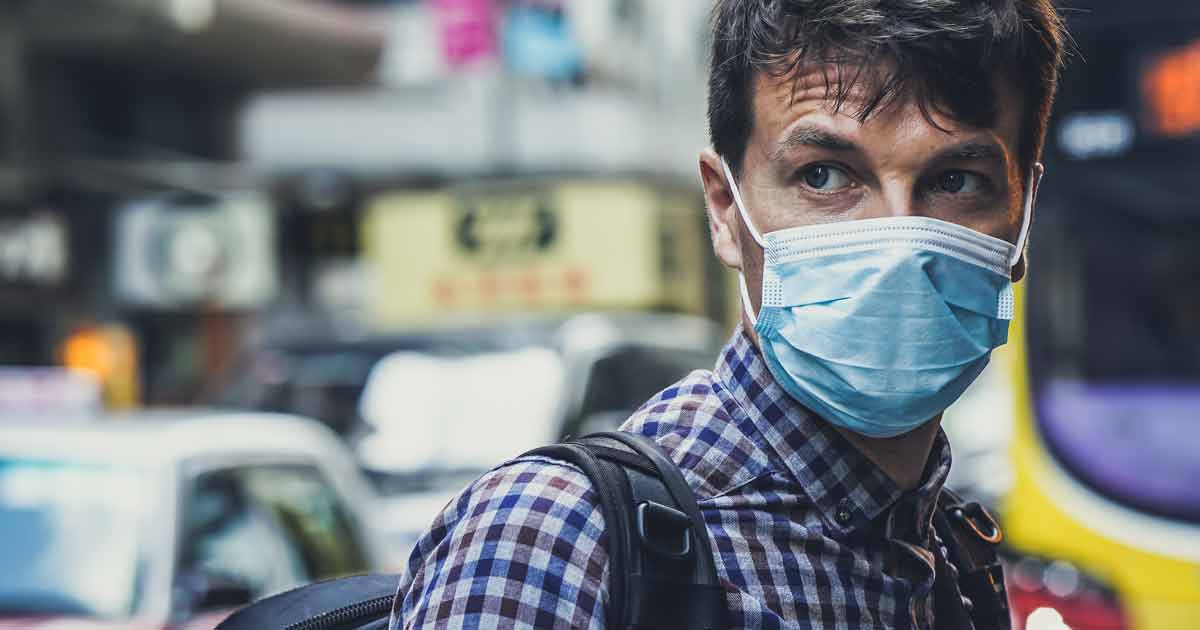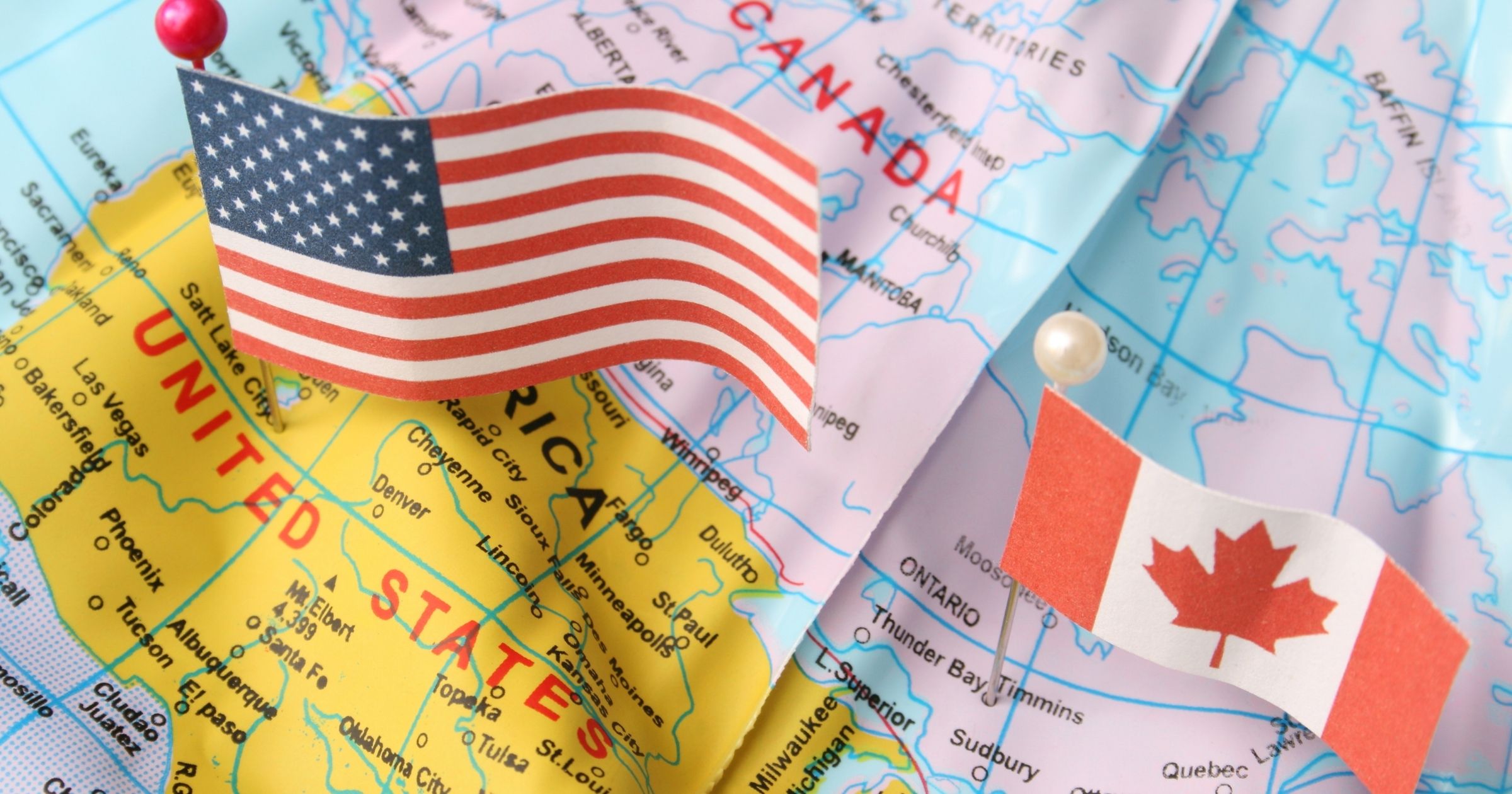
Coronavirus: What Travelers Need to Know
Since the outbreak of the Coronavirus in China and other Asian countries was first reported, in Wuhan, there have been many questions and concerns about what changes for travelers and what safety considerations should be made.
Here's what you need to know.
The Centers for Disease Control and Prevention offers answers to questions many travelers may be pondering.
Should I cancel my trip to China?
Yes. The CDC recommends travelers avoid all nonessential travel to China at this time. In addition, the U.S. Department of State has issued a Level 4 Travel Advisory asking people to not travel to China due to the 2019-NCoV outbreak. The travel recommendation and advisory are only for mainland China and do not apply to Hong Kong, Macau, or the island of Taiwan.
Should I cancel my international travel because of novel coronavirus?
The 2019-nCoV outbreak has been concentrated in China, and the CDC recommends avoiding all nonessential travel to China. For travel advice for other countries, please visit that country's Destination Page or the Travel Health Notice website.
How are travelers from China being screened when they enter the United States?
At this time, American citizens, lawful permanent residents and family (as specified in the Presidential Proclamation) who have been in China in the past 14 days will be allowed to enter the United States. Those travelers will be directed to one of 11 U.S. airports where they will undergo health screening and be asked about their travel in China. Those travelers will have some level of restriction on their movement, depending on their health and travel history.
Is it safe to travel to China or other countries where 2019-nCoV cases have occurred?
The situation is evolving. Stay current with CDC travel health notices related to this outbreak. These notices will be updated as more information becomes available.
What if I recently traveled to China and became sick?
If you were in China and feel sick with fever, cough, or difficulty breathing, within 14 days after you left the country, you should:
- Seek medical advice. Call ahead before you go to a doctor's office or emergency room. Tell them about your recent travel and your symptoms.
- Avoid contact with others.
- Not travel while sick.
- Cover your mouth and nose with a tissue or your sleeve (not your hands) when coughing or sneezing.
- Wash hands often with soap and water for at least 20 seconds to avoid spreading the virus to others.
- Wash your hands with soap and water immediately after coughing, sneezing or blowing your nose. If soap and water are not readily available, you can use an alcohol-based hand sanitizer that contains at least 60% alcohol. Always wash hands with soap and water if hands are visibly dirty.
After returning from China, when can employees return to work?
Anyone who enters the United States after being in China during the past 14 days will have some level of restrictions on their movements. Travelers from Hubei will be quarantined and not able to leave the quarantine facility. Travelers from other parts of China who do not have any symptoms are being asked to monitor their health and practice social distancing for 14 days. Social distancing means remaining out of public places where close contact with others may occur (shopping centers, movie theaters, stadiums), workplaces (unless the person works in an office space that allows distancing from others), schools and other classroom settings, and local public conveyances (bus, subway, taxi, rideshare) for the duration of the potential incubation period unless presence in such locations is approved by the state or local health department. These restrictions are to be in effect for 14 days from the time the person was possibly exposed.
ADDITIONAL TRAVEL-RELATED INFORMATION
Tour operators may wonder what this means for travelers in terms of insurance and cancellations. Travel Insured International has released the following statement to answer a variety of questions:
The Centers for Disease Control and Prevention (CDC) is closely monitoring developments with the Coronavirus. The outbreak of the Coronavirus in China and other Asian countries was first reported on December 31, 2019, in Wuhan. The first case in the United States was announced on January 21, 2020.
Countries in the affected regions, and areas with reported incidents, continue to be eligible destinations. Should travelers become ill with the Coronavirus while traveling, coverage may be available for Emergency Medical, Medical Evacuation, or Trip Interruption.
Travel Insured previously advised that there would be no coverage under our plans due to the coronavirus, except for CFAR and IFAR. It remains true that the State Department's decision to issue a travel advisory of level 4 for China alone does not trigger coverage, nor does a fear to travel due to the virus. However, it has come to our attention that the coronavirus may be causing individuals to be quarantined and flights to be delayed. With this in mind, there may be coverage including Trip Cancellation if a common carrier delay causes an insured to miss more than 50% of his or her trip. The coverages that could be implicated beyond CFAR and IFAR include the following:
Travel Delay: An insured traveler must be delayed for the time-sensitive period while en route to, from, or during a trip due to a covered reason.
Missed Connection: If a delay causes you to miss a cruise or tour departure due to a covered reason, you may have coverage under Missed Connection. The delay must meet the time-sensitive criteria listed in your plan.
The delay of a common carrier can be included as one of the covered reasons for Missed Connection. Thus, if a common carrier delay causes an insured to miss more than 50% of his or her trip, Trip Cancellation or Interruption coverage could apply.
Trip Cancellation and Interruption: An insured traveler must cancel or interrupt their trip due to a covered reason. One covered reason for Trip Cancellation or Interruption that could apply is quarantine. Another covered reason is if your arrival on the trip is delayed and causes you to lose 50% or more of your scheduled Trip duration, due to the reasons covered under the Missed Connection Benefit.
If your travel supplier cancels your trip, the Trip Cancellation benefit may pay for the reissue fee charged by the airline for the tickets. You must have insured the entire cost of your trip including the airfare cost.
Cancel for Any Reason: Some travelers may prefer to cancel their trip out of concern for the Coronavirus. For insured travelers who purchased Cancel for Any Reason coverage, we remind you that cancellations must be made 48 or more hours prior to scheduled departure and payment is limited to 75% of the non-refundable trip cost up to the stated plan maximum limit. Every Travel Insured plan also includes Non-Insurance Emergency Travel Assistance Services available 24/7 to help travelers whenever they are in need of assistance during their trip.
This statement only provides a general summary. Please refer to your actual plan document for the specific terms and conditions of the specific plan purchased as eligibility for coverage varies based upon the specific plan terms, conditions and limitations, and may vary by state or may not be available in all states. Travel Insured recommends travelers purchase proper travel protection plans in case of unforeseen circumstances and to know where to go and where not to go during their travels.
NOTE: This is a developing situation. Stay up to date by visiting CDC.
Courtesy of Groups Today.



